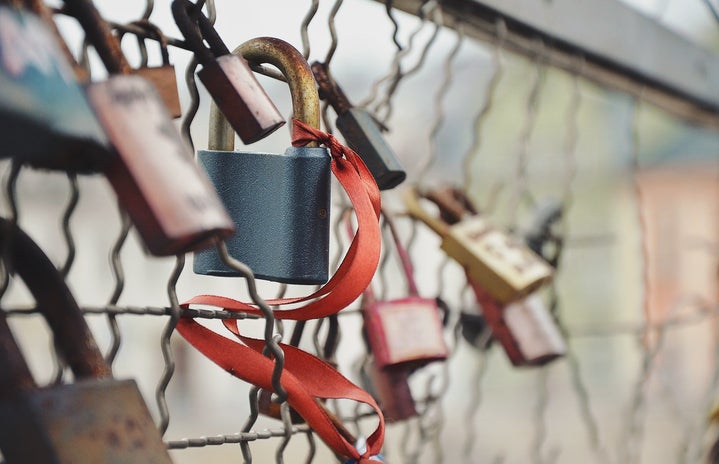October is Domestic Violence Awareness month. Abusive relationships may not be as obvious as some may believe. Individuals can be in a toxic relationship and not even know it. Here are five common misconceptions about abusive relationships.
1. Only women and girls can be the victims
Despite what some may think, men can be caught up in an abusive relationship too. Men are made to seem impervious to any type of abuse. Society’s definition of masculinity prevents men from ever being seen as victims. This, in turn, may prevent a man from realizing he is in a abusive relationship.
2. Physical Abuse is the only type of Abuse
Verbally insulting someone is still abuse. If your partner or significant other is constantly saying hateful comments about you, then you are being abused. Emotional abuse is just as horrific as physical abuse. No human being deserves to be torn down when, in fact, they deserve to be built up.
3. It is the victim’s fault
If an individual finds him or herself in an abusive relationship, he or she should know that it is not his or her fault. It should never be said that the victim put themselves in a situation that resulted in abuse. Having an argument or doing something that may upset your partner is no excuse for them to physically or verbally assault you. Ultimately, it is never the victim’s fault.
4. It should not be reported
Abuse should never go unreported. If abuse is not disclosed, it can progress and possibly get worse. Anyone in an abusive relationship should acknowledge the abuse and seek aid in getting out of the relationship. A victim should not feel as if they cannot come forward.
5. I am alone in this
If you find yourself in an abusive relationship, know you are not alone. Go to a family member or a friend who can help you get out of the toxic relationship. If you do not feel comfortable with that, reach out to a resource for help.
If you believe you or someone you know is in an abusive relationship, it is crucial that you take action. No one should feel stuck in a relationship that is harmful to their wellbeing. For help, contact the National Domestic Violence Hotline at 1-800-799-7233 or 1-800-787-3224 (TTY).



